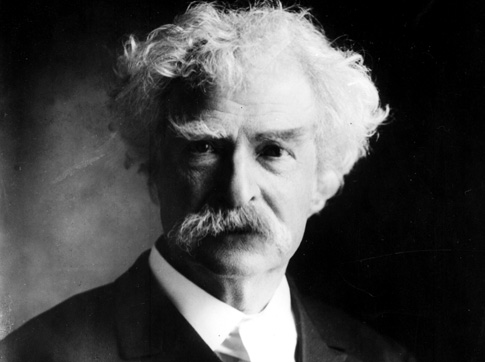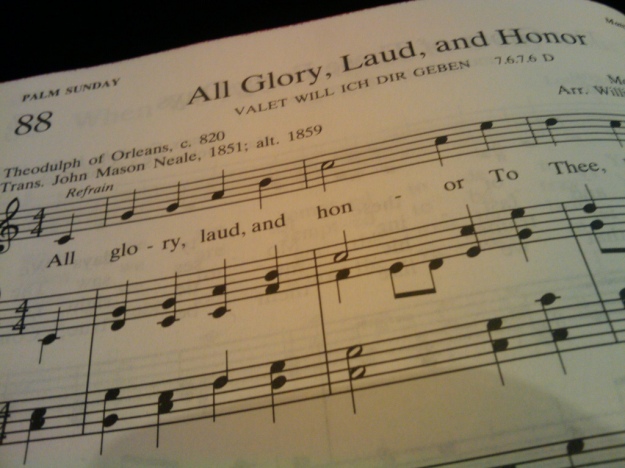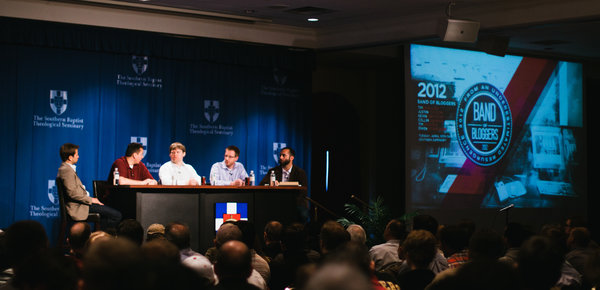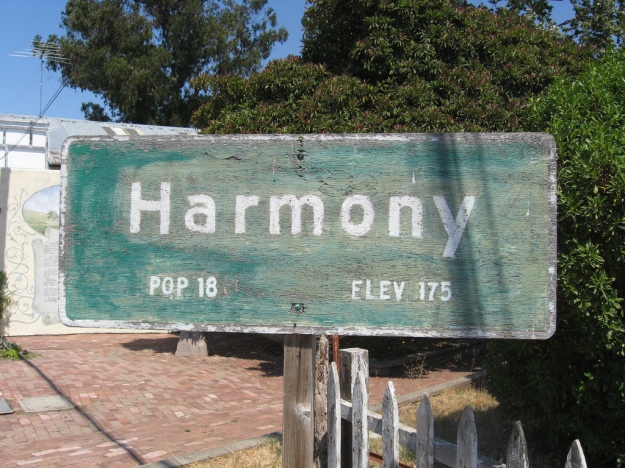 One of the best developments for worship leaders, songwriters and ministries in the past several years has been the growth of All About Worship, a resource that exists to equip, encourage and inspire worship leaders and their teams. Kristen and I are thankful for these AAW ressources — a website, podcast, and a series of free compilation records, featuring the music of worship leaders from here, there and everywhere. And for songwriters, AAW has launched the Songwriter’s Cafe and the Worship Writers Network.
One of the best developments for worship leaders, songwriters and ministries in the past several years has been the growth of All About Worship, a resource that exists to equip, encourage and inspire worship leaders and their teams. Kristen and I are thankful for these AAW ressources — a website, podcast, and a series of free compilation records, featuring the music of worship leaders from here, there and everywhere. And for songwriters, AAW has launched the Songwriter’s Cafe and the Worship Writers Network.
You’d think that all of this must be the product of a major media company, but it started as the grassroots effort of one worship leader named Wisdom Moon. It now includes a team of leaders who have caught the vision and are taking it to new places, most recently with the launch of a digital magazine. I caught up with Wisdom for this installment of the My Song In The Night interview series, about how AAW got started, how he keeps it going, and how each of the features and web properties benefit worship leaders and songwriters from churches around the world.
Bobby Gilles: Why did you found All About Worship?
Wisdom Moon: I love sharing this story. Over seven years ago I received an iPod as a Christmas present. As a result, I discovered the world of podcasts. Naturally, as a worship leader, I searched for podcasts that specifically focused on worship ministry. At that time there weren’t that many podcasts out there in general. I found a couple of worship podcasts, but decided to give it a try myself…not just because I love playing with new technology, but because I wanted to help equip, encourage, and inspire other worship leaders.
I had some recording gear, so I taught myself how to podcast and the first month we had over 100 listeners! It is amazing to see something I started as a little “hobby” grow into a ministry that reaches folks across the globe.
Bobby Gilles: All About Worship has so many helpful features and properties – from website to podcast, compilation records, a digital magazine and more. What came first? And how do you decide when to branch out into a new format or medium?
 Wisdom Moon: It was originally just a monthly podcast. I didn’t even have a website until later on. Eventually, I launched the website and we started adding more and more resources to the site.
Wisdom Moon: It was originally just a monthly podcast. I didn’t even have a website until later on. Eventually, I launched the website and we started adding more and more resources to the site.
Last Fall we released the AAW Collective, Volume 1. We released the first issue of our digital magazine last month (August 2012).
We also launched TheSongwritersCafe.com last January, so almost 2 years ago now.
It’s often hard for me to know when it’s the right time to launch something new. I tend to have a ton of ideas all the time (I’m an entrepreneur, can you tell?) and I’ve had to learn to set aside new ideas at times because it wasn’t the right timing, and sometimes just let new ideas die because it didn’t line up with what God’s called me to do.
Usually, it comes down to 3 things:
- Is God calling me to do this?
- Do I have time to devote to this?
- Do I have the resources to pull it off?
Obviously, if I am 100% convinced that #1 is a yes, then I don’t really worry about #2 and #3 because I know God will take care of that.
Bobby Gilles: How do you decide which artists to include on the All About Worship Collective compilations? How do you put them together?
Wisdom Moon: The AAW Collective is something we started more recently. It’s a free worship album that we hope is a great resource to local churches around the world.
I have a good relationship with all the major “worship” labels, so I typically work with them to feature a few songs from their artists. I also have a big heart for indie artists and songwriters, so up until the current volume, I’ve featured songs by indie artist friends of mine. To me, relationship is key. It’s not just about great songs, but I want to know that the person who wrote it has godly character.
We’ve received countless emails from indie artists about getting their songs on the Collective, but we just don’t have the manpower to be able to make it an open submission. So, we launched WorshipWritersNetwork.com to give indie artists a way to submit their songs for the Collective. Every indie artist you see on the current volume (4) is a part of WWN.
Bobby Gilles: Why did you decide to launch The Songwriter’s Café, rather than just keep “songwriting” as a forum on All About Worship? Continue reading →










